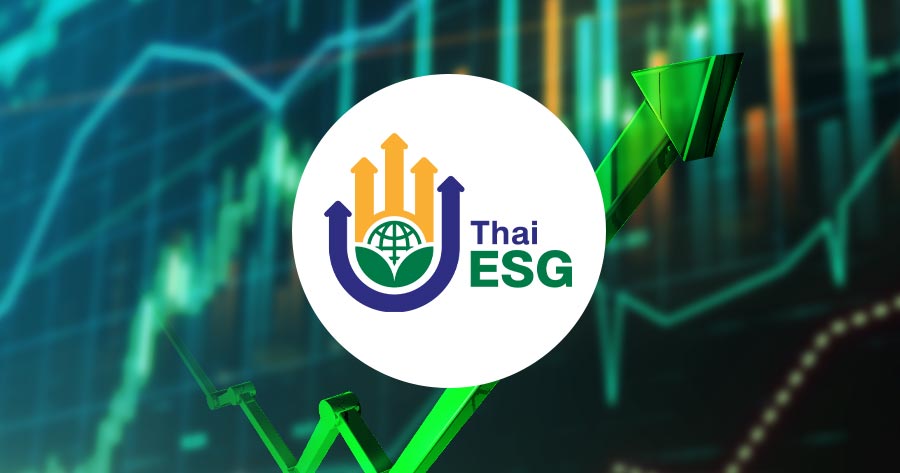On Tuesday, Deputy Finance Minister Julapun Amornvivat revealed that the cabinet’s meeting has approved the revision of Thailand’s tax benefit criteria for ThaiESG investments, with the details as follows:
Under the proposed changes, investors can benefit from up to 30% of their assessable income with a maximum limit of 300,000 baht, a shorter 5-year holding period from the purchase date, and an investment policy that requires more than 80% of Net Asset Value (NAV) to be allocated to specific investment avenues.
These avenues include SET/mai stocks focusing on environment (E) / ESG or greenhouse gas emission disclosure, ESG Bonds, Green Tokens, and Thai stocks in ESG indexes with international recognition.
The allocation for Thai ESG investments will now be separate from other retirement funds, including Super Saving Funds (SSF), Retirement Mutual Funds (RMF), Provident Funds (PVD), Government Pension Funds (GPF), Private Teacher Aid Funds, National Savings Funds, and annuity insurance premiums. Previously, these funds could be utilized for tax deductions up to a maximum of THB 500,000.
The Finance Ministry has projected the potential revenue loss and impact on benefits under Section 27 and Section 32 of the State Fiscal and Financial Disciplines Act, B.E. 2561 (2018). The government anticipates an annual loss of revenue of around THB 13-14 billion from personal income tax.
On the other hand, the amendment is foreseen to offer benefits in the following manner:
- An uptick in Thai ESG investments, fostering enterprises that prioritize environmental, social, and corporate governance considerations.
- A rise in long-term investments within the Thai capital market, enhancing market potential and cultivating a favorable investment environment.
- Empowering income earners to boost their savings and long-term investments, thus elevating the overall returns on their savings and investments.





